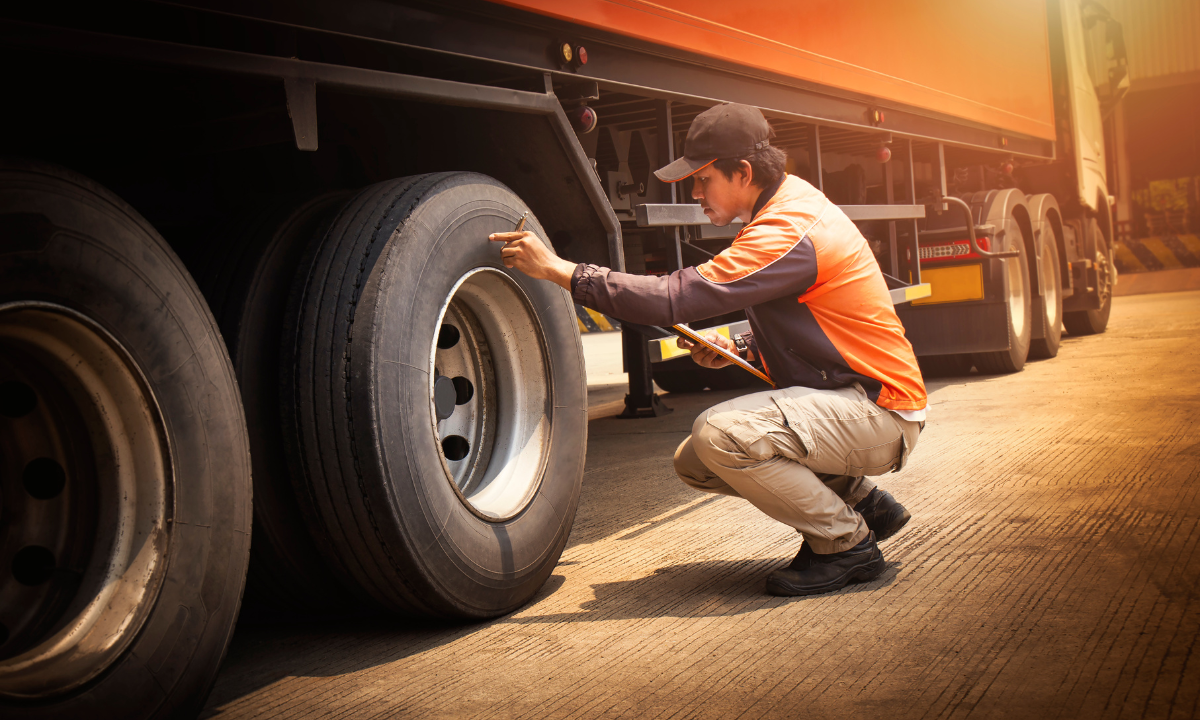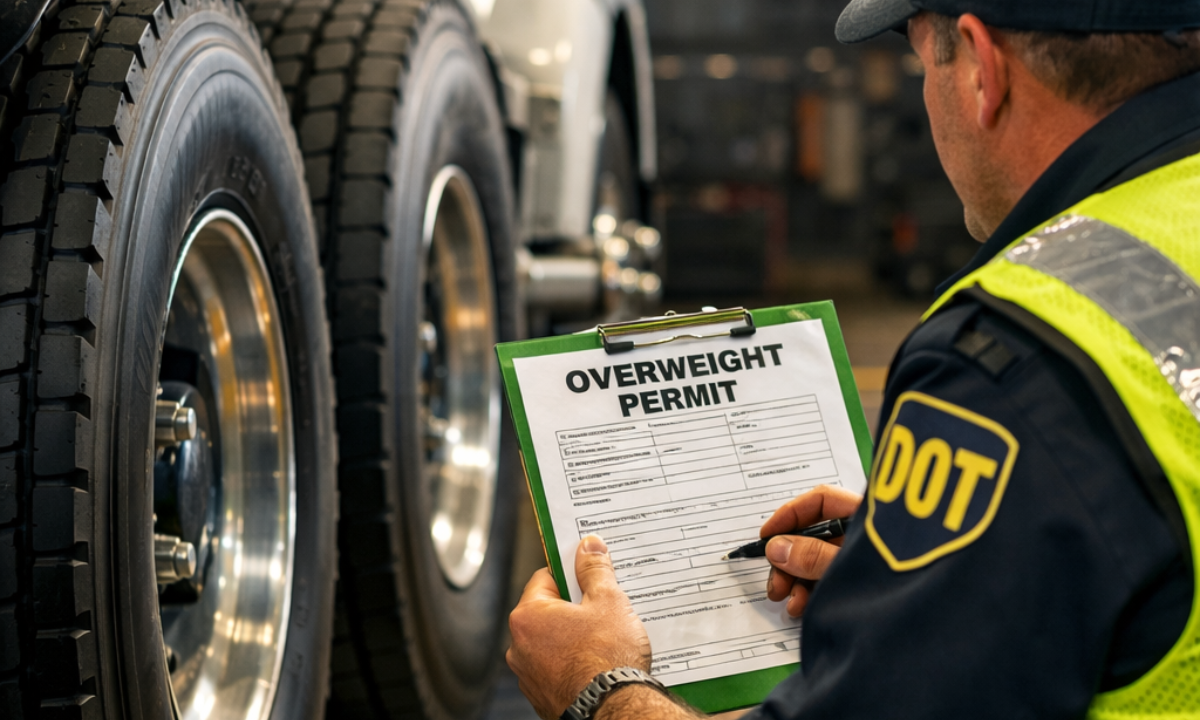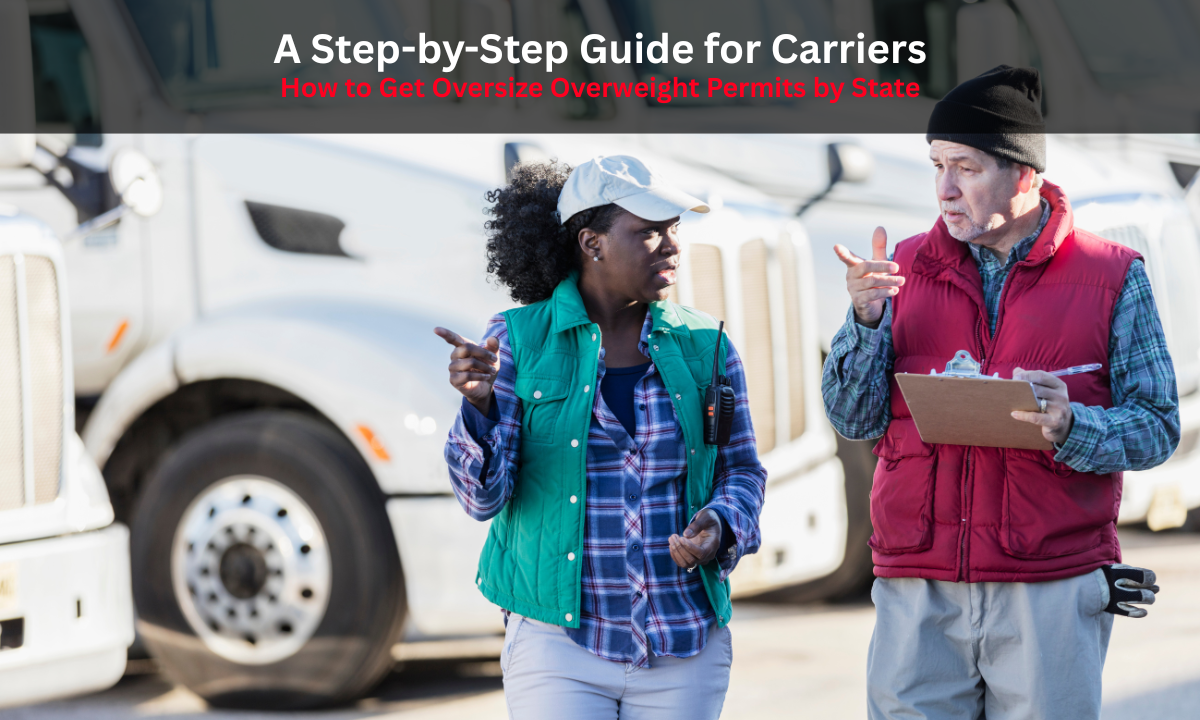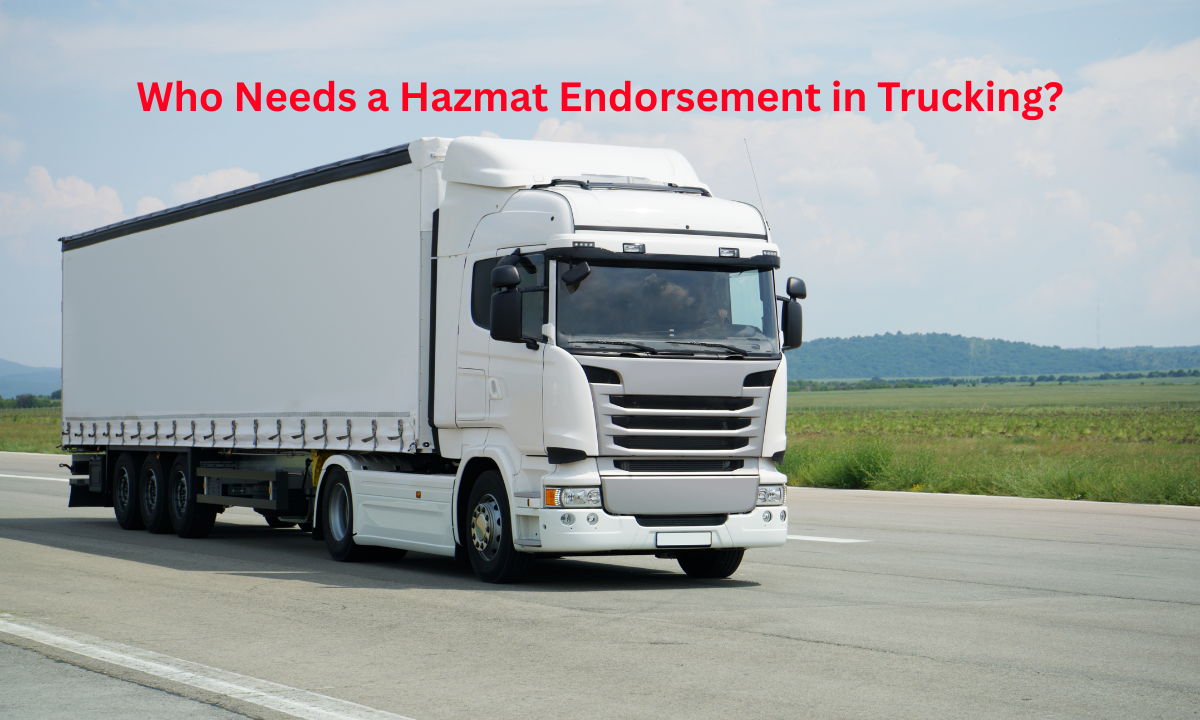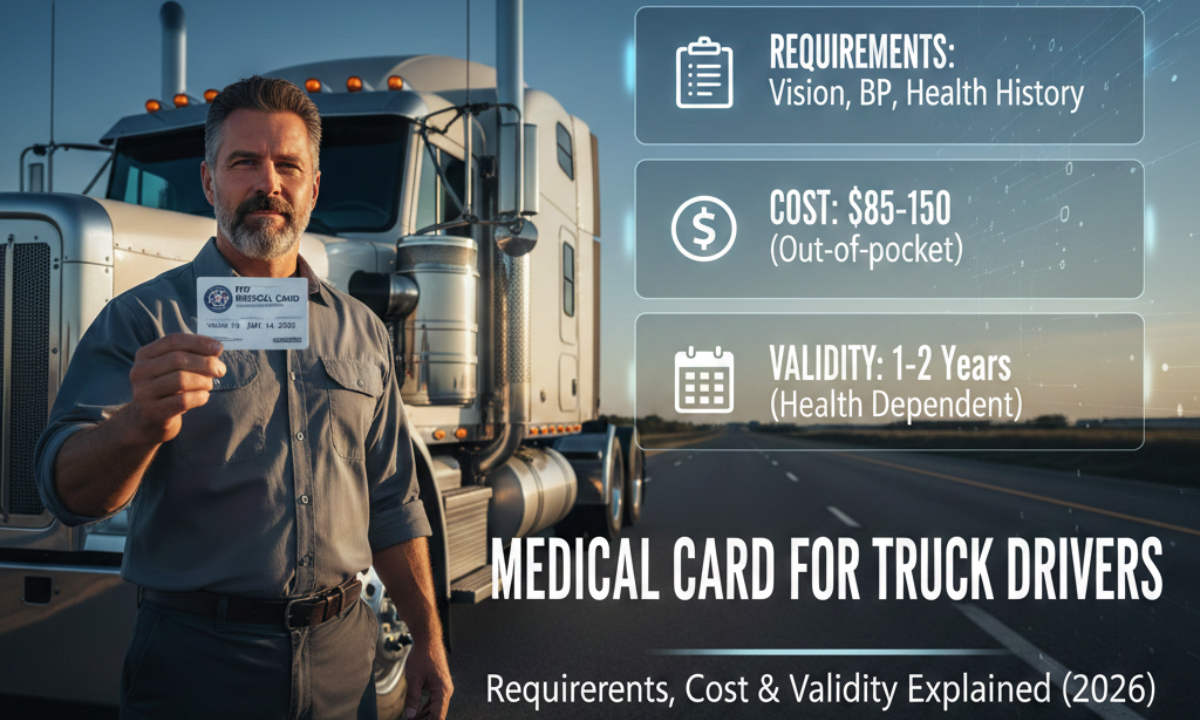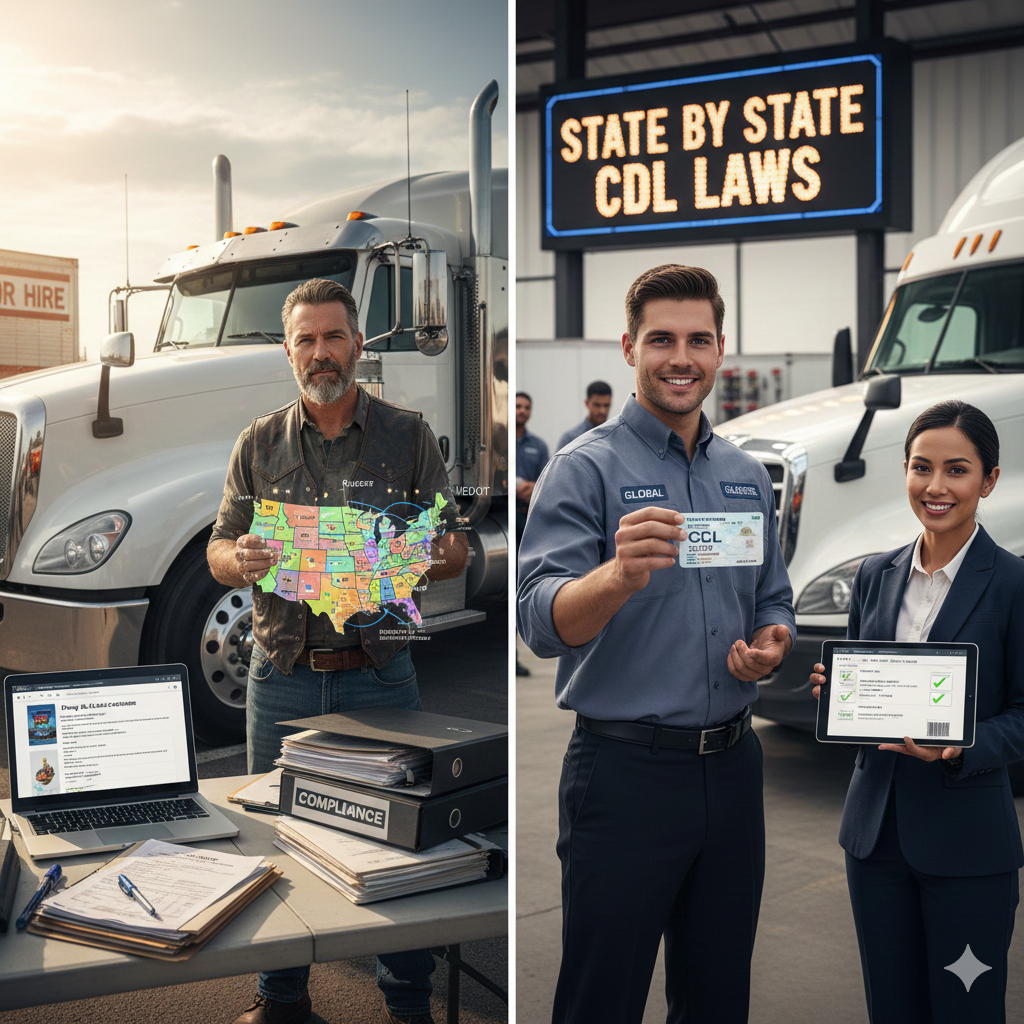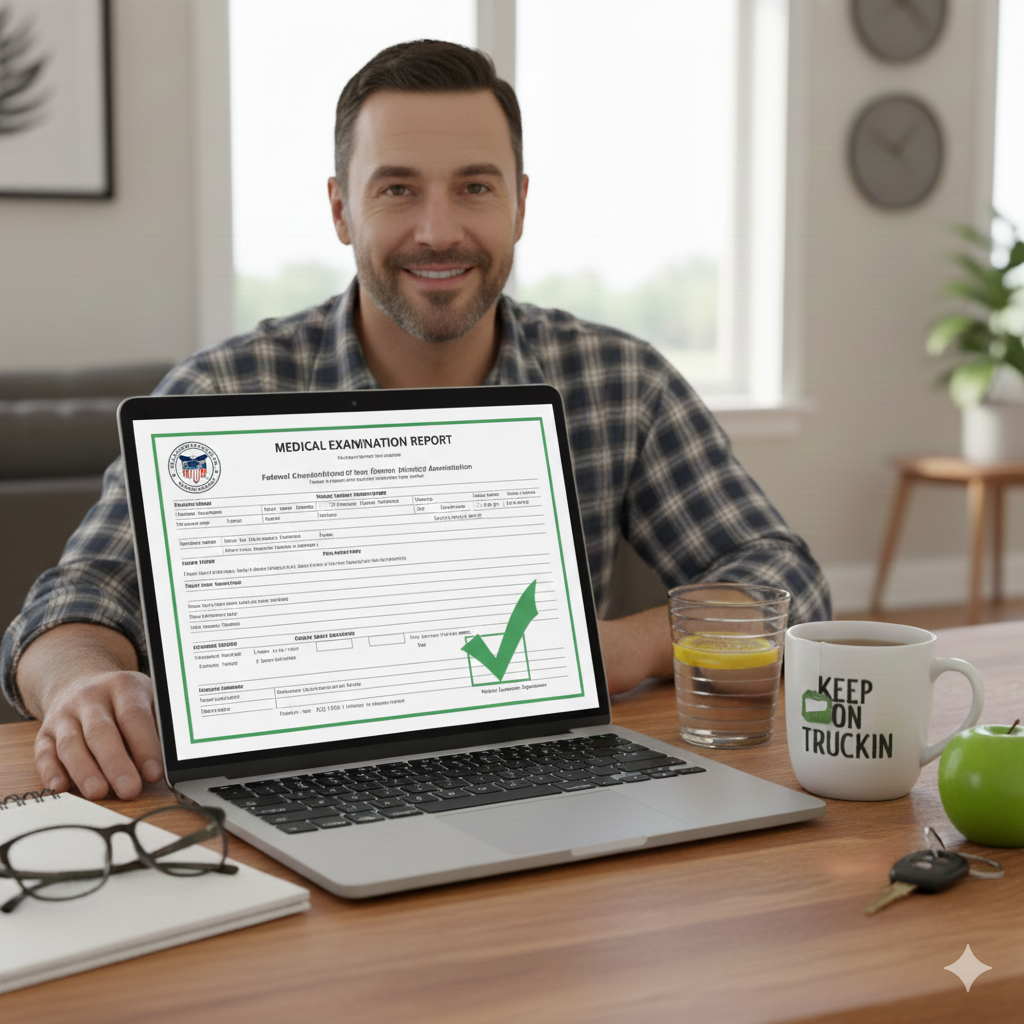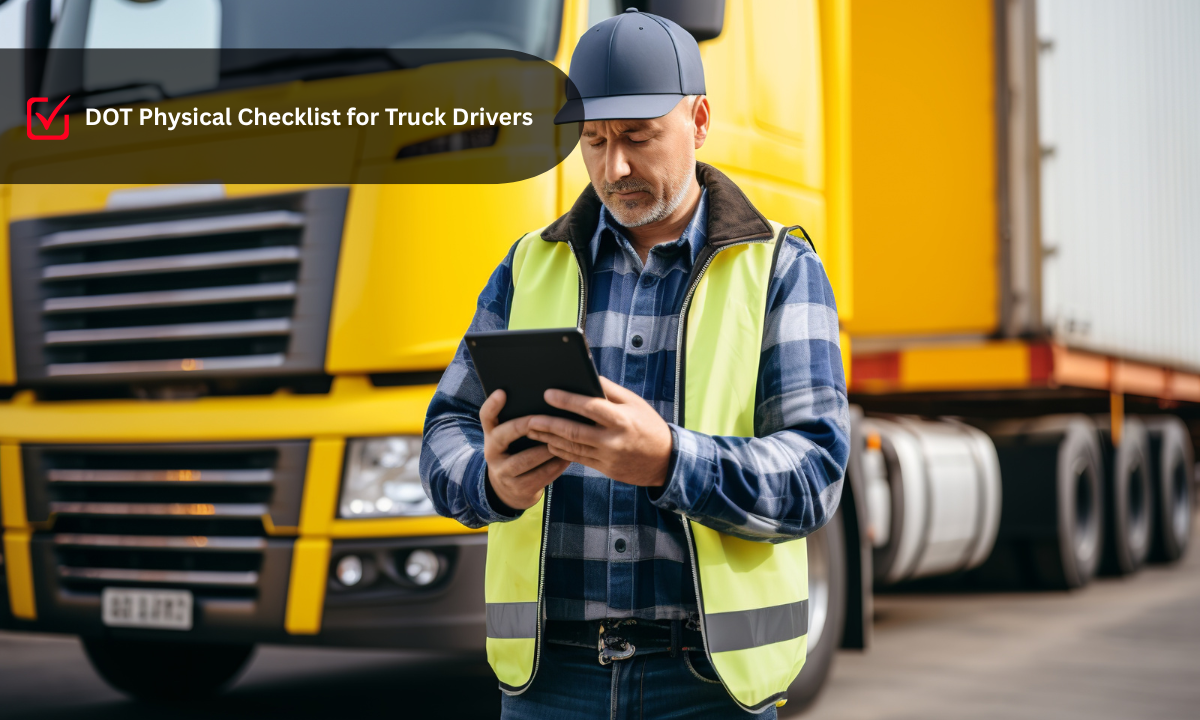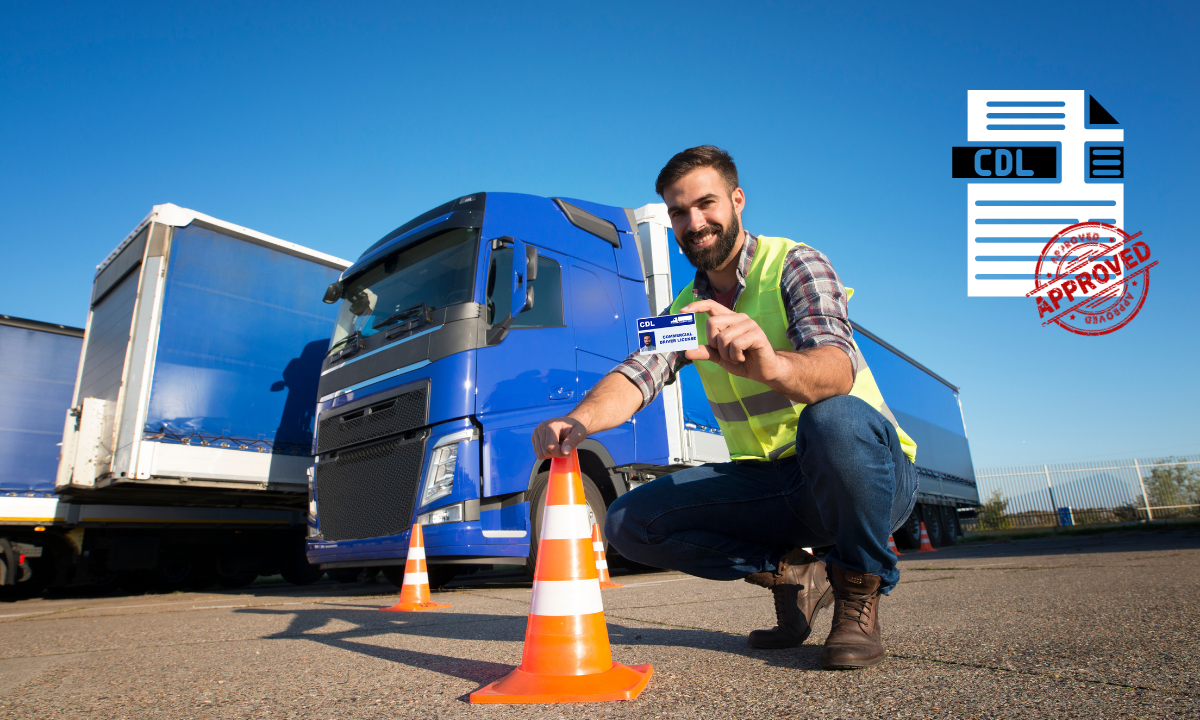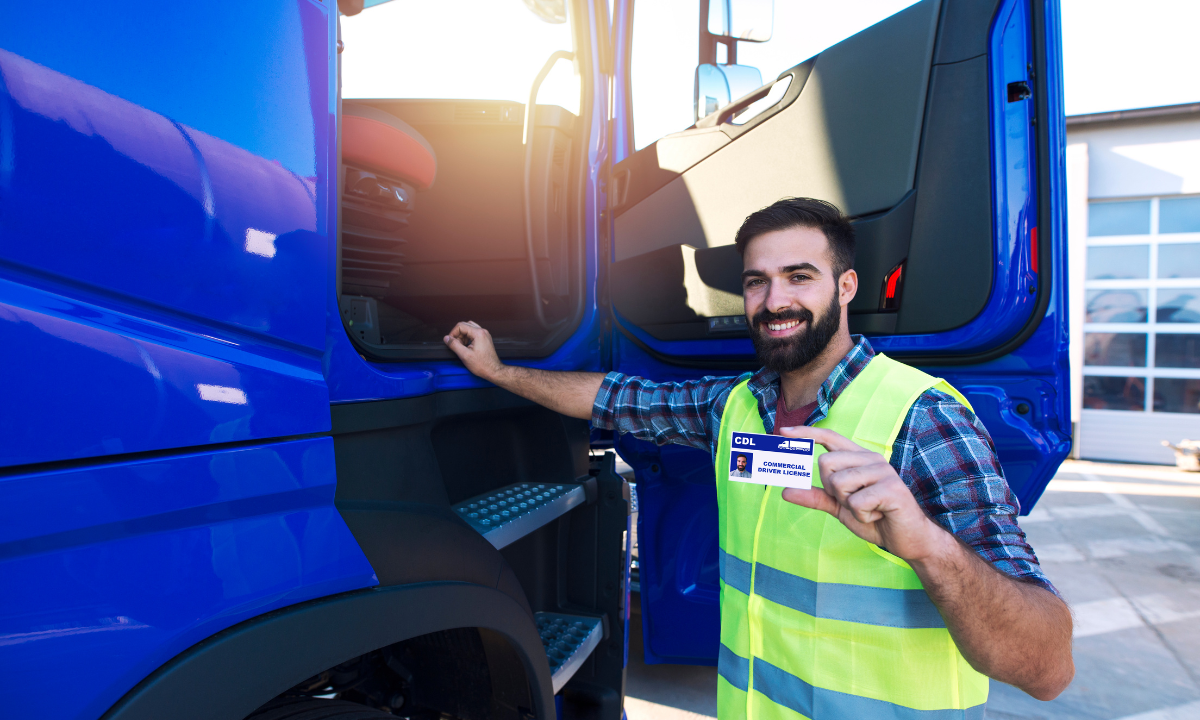How do I get my CDL?
An entire handbook for truck driver aspirants detailing how to obtain CDL.
Because a Commercial Driver’s License (CDL) is a major prerequisite for anyone wishing to embark on a career in trucking, this first step to getting your CDL must be taken if you intend to transport long-haul freight, drive heavy-duty vehicles, or transport hazardous materials. This guide will go through the requirements, training, exams, and endorsements every driver must know before embarking on a career in professional trucking.
Understanding CDL License Classes
Broadly classified into three major classes of CDL:
- Class A CDL is for operating vehicles weighing over 26,001 pounds and towing trailers weighing over 10,000 pounds. Long-haul truck drivers typically require this class.
- Class B CDL is for single vehicles weighing over 26,001 pounds, such as buses, dump trucks, and straight trucks.
- Class C CDL is for smaller commercial vehicles carrying hazardous materials or more than 16 passengers.
There is an appropriate selection courtesy of whichever class pertains to your aims with the freight and logistics industries.
CDL Requirements
The requirements to qualify for a CDL must be satisfied at both federal and state levels.
The applicant must be:
- 18 years or older (21 for interstate driving).
- With a good non-commercial driver’s license.
- Prove residency, identity, and Social Security number.
- Pass a medical examination as per standards issued by FMCSA.
Thus it is ensured that the applicants are fit for the safety and responsibility that commercial driving bestows upon him./her.
CDL Training and Education Programs
After all, most students start by enrolling in a CDL training school or truck driving academy, where the student practices on actual commercial vehicles and prepares both for the written knowledge test and the skills test.
Major components of the training include:
- Pre-trip inspections
- Backing maneuvers
- Road practice
- Safety and compliance regulations
Some companies also provide paid CDL training, whence tuition is paid for in return for a commitment to employ.
CDL Written Knowledge Test
Before touching the steering wheel, all applicants will be required to pass the CDL permit exam. This test covers:
- General knowledge of trucking regulations
- Air brakes operation
- Combination vehicle safety
If the written test is passed, the driver can get a Commercial Learner’s Permit (CLP). A CLP is required to undertake behind-the-wheel training with an experienced driver.
CDL Skills Test
The last step in the entire process of getting a CDL is the skills test. This is divided into three parts:
- Vehicle inspection test–demonstrate knowledge of the safety procedures.
- Basic control test-involves backing, turning, and maneuvering.
- Road test: driving in real traffic conditions to prove competency.
This then qualifies the driver for a full CDL license, which opens the door to freewill to pursue a career in professional trucking.
CDL Endorsements for Specialized Driving
Along with the base license, drivers may need endorsements to operate specialized vehicles:
- H Endorsement-Hazardous materials (HazMat)
- N Endorsement-Tank vehicles.
- P Endorsement-Passenger transport.
- S Endorsement-School bus drivers.
Each endorsement entails the further knowledge test and in some cases, a background check.
Costs and Financial Aid
Costs for getting a CDL differ from state to state and include different training programs, ranging generally from $3,000-$7,000. Most schools and carriers also provide some sort of financial aid, grants, or tuition reimbursement to alleviate the burden.
Career Opportunities After Receiving a CDL
So, what are some Jobs a driver can pursue with a CDL?
- Long-haul trucking
- Regional and local delivery
- Transporting specialized freight
- Driving of buses in public transport
In-demand jobs and employability are also guaranteed due to an increased demand for truckers with a CDL in logistics and supply chain jobs.
CDL Maintenance and Renewal
CDLs must go through periodic renewals and all the requirements for doing so differ in each state. Drivers are going to have to keep a clean driving record, pass periodic DOT physicals, and stay within FMCSA regulations.
Disclaimer: The information provided in this blog post is for general informational purposes only. While we strive to keep the content accurate and up to date, we do not guarantee its completeness, reliability, or accuracy. Any actions you take based on this information are strictly at your own risk. We are not responsible for any losses, damages, or inconveniences that may arise from the use of this blog.


